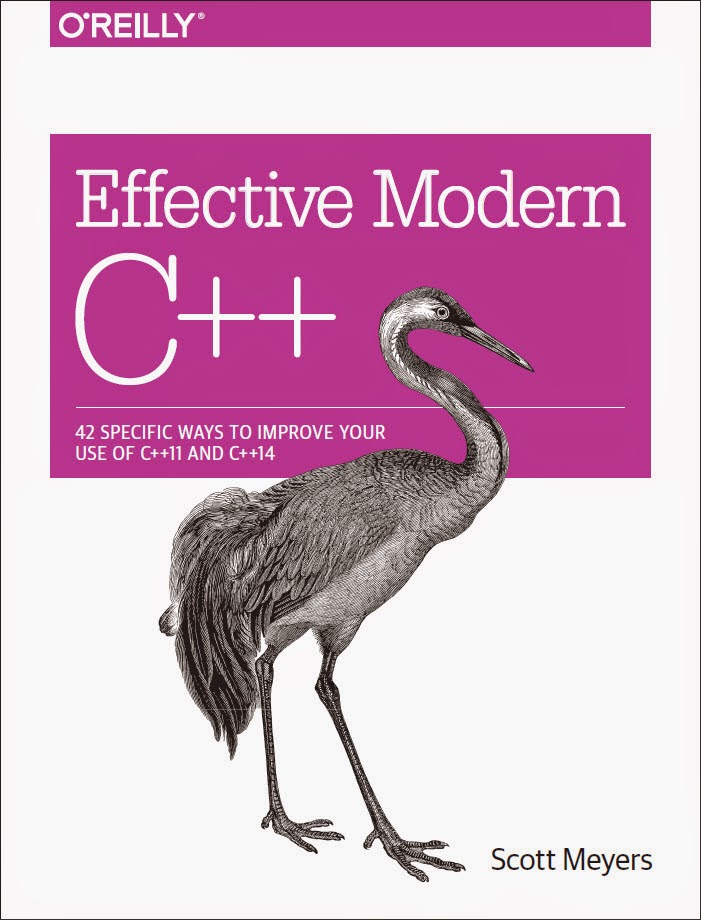The Drawbacks of Implementing Move Assignment in Terms of Swap -- Scott Meyers
Hot off the Meyers press: How would you implement move, and why? Scott Meyers explains two related issues:
The Drawbacks of Implementing Move Assignment in Terms of Swap
by Scott Meyers
From the article:
More and more, I bump into people who, by default, want to implement move assignment in terms of swap. This disturbs me, because (1) it's often a pessimization in a context where optimization is important, and (2) it has some unpleasant behavioral implications as regards resource management.

 Scott Meyers' highly anticipated new book Effective Modern C++ is on the way:
Scott Meyers' highly anticipated new book Effective Modern C++ is on the way: Part 3 of Vadim's experience report about using Boost's graph support in an existing game app:
Part 3 of Vadim's experience report about using Boost's graph support in an existing game app: Fresh on Kukuruku:
Fresh on Kukuruku: More in the "contiguous enables fast" department:
More in the "contiguous enables fast" department: